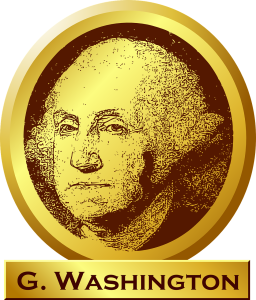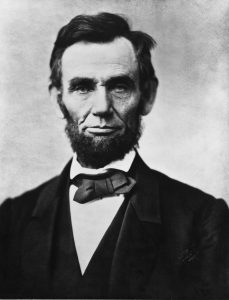In honor of George Washington, the country’s first president, the third Monday in February is designated as Washington’s Birthday, a federal holiday in the United States. The event is increasingly being observed as a way to commemorate Presidents Abraham Lincoln and George Washington’s birthdays. The holiday is known as Presidents’ Day by many Americans.
Washington George
On February 22, 1732, George Washington was born in Colonial Virginia on his father’s tobacco estate. After serving as a surveyor on the frontier of Virginia, he rose to the rank of major in the state militia. He returned to his family’s home in Mount Vernon, Virginia, after doing valiant service during the French and Indian War, where he succeeded as a planter.

When the colonies and Great Britain erupted in the American War for Independence in 1775, Washington was unanimously chosen by the Continental Congress to lead the Continental Army. Despite extreme adversity, he led his frequently disorganized warriors to victory against a professional, well-equipped army. In 1781, the British gave up in Yorktown, Virginia. In 1976, Washington was posthumously elevated to the rank of six-star general by the US Congress, guaranteeing his superiority over all other military personnel for all time.
Washington was regarded with almost universal esteem, in part because he turned down all offers of political power immediately following his military victory. Rather, he made the decision to resume his quiet existence at Mount Vernon. He oversaw the drafting of the United States Constitution in 1787, and once it was passed, he was chosen without dissent to serve as the country’s first president. From 1789 to 1797, he held two four-year stints in office. Washington, who was the most well-liked person in America at the end of his second term, had the option to stay in office, but he chose to step down, creating a precedent for his successors.
Lincoln, Abraham
Born on February 12, 1809, Abraham Lincoln was elected as the 16th President of the United States in 1860. In his capacity as president, he led his nation through the American Civil War (1861–1865), which resulted from the secession of 11 of the 15 Southern states that practiced slavery from the Union to create the Confederate States of America. The war was a grave constitutional, military, and moral crisis. On January 1, 1863, he issued the Emancipation Proclamation, which declared slavery illegal in the Confederate states that were still in rebellion. The proclamation transformed the war’s objectives from being states’ rights to the abolition of slavery. In order to guarantee the abolition of slavery, Abraham Lincoln Lincoln favored the ratification of the Thirteenth Amendment to the Constitution, which was approved in December 1865. Five days after the Confederacy submitted, on April 9, 1865, Lincoln was shot and killed by a Confederate sympathizer.

Paying Tribute to Both Presidents
Nineteenth-century Americans observed February 22 as a holiday. The third Monday in February is formally observed as “Washington and Lincoln’s Birthday” in at least twelve states, and as “Presidents’ Day” in another twelve. To provide extended holiday weekends, Congress moved the dates of Washington’s Birthday and a few other holidays to Mondays in 1971.
Despite the respect accorded to both Washington and Lincoln, Washington’s Birthday is still the official government holiday. In addition, the 555-foot-high (169-meter) Washington Monument in the nation’s capital, Washington, and numerous other statues honoring the first president. Theodore Roosevelt, Thomas Jefferson, and both Washington and Lincoln’s likenesses are etched in stone atop Mount Rushmore in South Dakota.
The general who designed the first military badge of merit for the average soldier is also honored on this holiday. The Purple Heart medal, which has a picture of Washington, was reintroduced in 1932 to honor the 200th birthday of George Washington. It is given to combat-wounded soldiers. Washington’s Birthday presents another chance for the US to recognize its veterans, similar to Memorial Day and Veterans Day.
